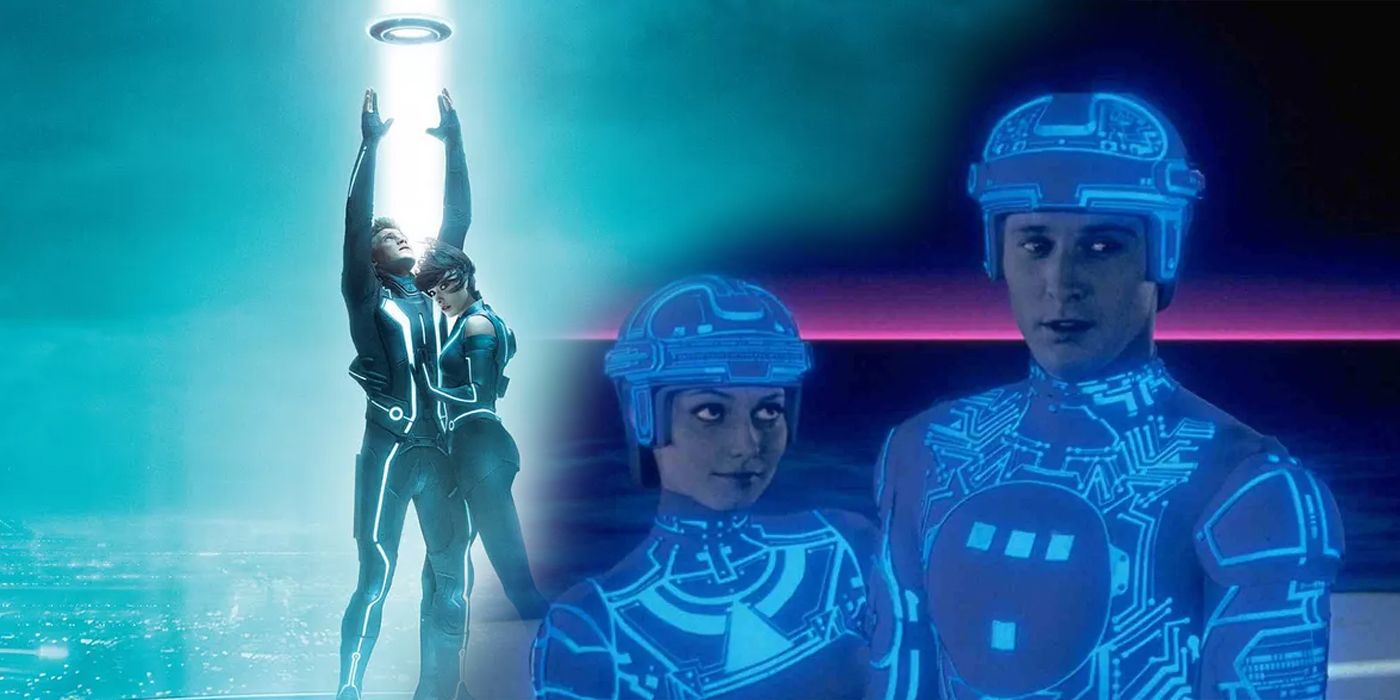

Only the last of those three has lingered in the public's imagination since its release. This resulted in films like The Black Hole, The Watcher in the Woods, and Tron. One way that Disney tried to diversify its output was through dabbling in more mature fare aimed at slightly older children, with hopes that the company could tap into the success of 20th Century Fox's record-breaking Star Wars series. It proved to be a mixed strategy, with some hits but a lot of mediocre grosses. Disney took over as chairman, CEO, and president of the company, and their new objective was seemingly to make the kind of movies that Walt would have approved of. The studio had never truly found steady ground to work on or consistent success following the death of Walt Disney in 1969. Successful or not, Tron was pushing the envelope, trying for something new, Tron: Legacy is paralysed by its reverence for the old.It took Disney 28 years to release a sequel to their cult sci-fi hit Tron, so why wasn’t their lavish follow-up TRON: Legacy enthusiastically received? In 1982, The Walt Disney Company was in a very precarious position. And the sudden appearance of vivid-white boudoir spaces is taken straight from 2001: very Sanderson, very Stanley Kubrick. Nightclubs of the era looked a lot like this. And yet the effect is strangely retro – the black-and-chrome stylings look like something from the late 1970s or early 80s. The digital effects are the finest money can buy.

There is now no question of seeing the join. In the original 1982 Tron, the superimposition of glowing real human faces on computer-graphic figures might have seemed odd, yet it now arguably looks interestingly Soviet-heroic, or like something by Fritz Lang. The digital technology used to create the "young" Jeff Bridges is weird and not in a good way: this waxy, unlined figure resembles one of the Westworld robots, but looks less real. But there's plenty that's very dull and laborious, too. There's interesting stuff in this new Tron, particularly some subversive jabs at the regressive solipsism of computer games.

Where once Kevin had hoped to draw upon the positive energies of this secret world – creating "bio-digital jazz" – the sinister Clu wants only to rule over a digital police state and preside over the cruel neo-imperial spectacle of games. (This happened in 1989, not 1982, incidentally, in order to make his infant son young enough to be a twentysomething hunk in the present day.) At the height of his sensational celebrity, Flynn vanished, and now in 2010 his boy Sam (Garrett Hedlund) tumbles into the virtual domain that his dad created, and where he is now in exile: this hidden universe is dominated by an unimaginably colossal gaming arena and is ruled by Kevin's evil alter ego Clu, his own digitally created younger self from 1989. Twenty years ago, Kevin created a brilliant new digital system.

This hog-whimperingly expensive and worryingly dull reboot stars Jeff Bridges as entrepreneur and genius Kevin Flynn. Its most famous legatee is Christopher Nolan, creator of Inception, and maybe that's the movie that original Tron fans would still prefer to watch. Yet a generation grew up prizing Tron for being audacious, ahead of its time, a futurist trailblazer about games culture and the digital world. It might have come as a surprise to some that Tron had much of a legacy the film was overshadowed by Spielberg's ET in that year, and in the UK suffered the mortification of being upstaged by Peter Greenaway's The Draughtsman's Contract. T he addition of that stately "legacy" to the title strains to confer a retrospective classic status on Disney's virtual reality sci-fi thriller from 1982, about people trapped in a computer game and forced to engage in gladiatorial combat.


 0 kommentar(er)
0 kommentar(er)
